Adam Silver on sports betting: I view myself as 'pro transparency'
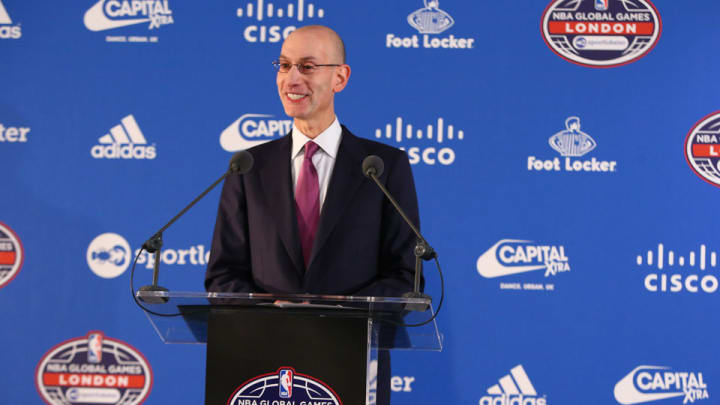
NBA commissioner Adam Silver spoke to ESPN about why he supports the legalization of sports betting and what he believes is the best approach for the league to take.
Silver is the only American sports commissioner to publicly support legalized sports betting, which he said comes out of the way he looks at the issue.
"I view myself more as pro transparency," Silver said. "And someone who's a realist in the business. The best way for the league to monitor our integrity is for that betting action to move toward legal betting organizations, where it can be tracked. That's the pragmatic approach."
• MAHONEY: Behind Davis, Pelicans end Hawks' 19-game win streak
Gambling Scandals in Sports
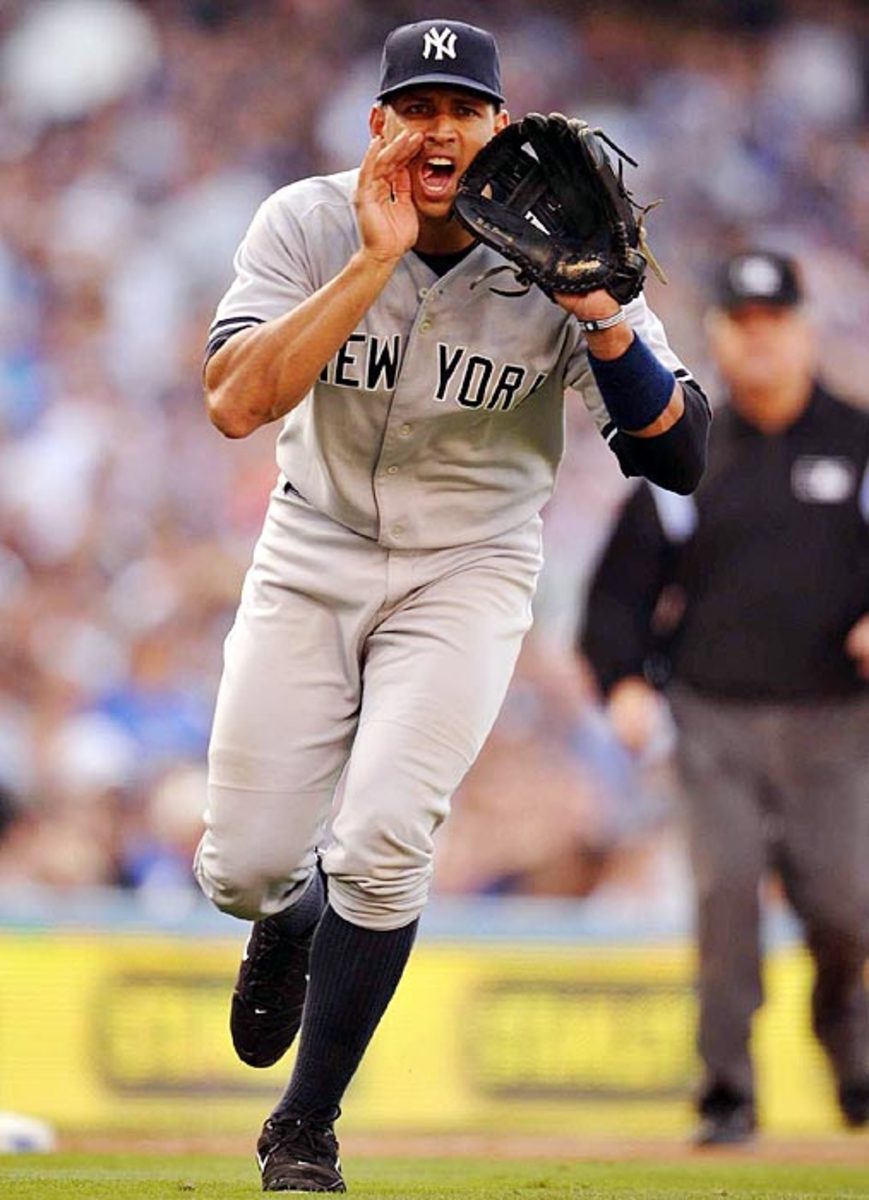
In August 2011, the Yankees' superstar third baseman came under investigation by Major League Baseball's scrutiny for allegedly participating in illegal high-stakes poker games in Hollywood and Miami, one of which he reportedly helped organize. According to published reports, cocaine was allegedly used (not by A-Rod) at one game and a fight broke out at another over an unpaid debt. Rodriguez had been warned by MLB in 2005 to stay away from the underground poker scene. Here are some more notable gambling scandals from sports history.
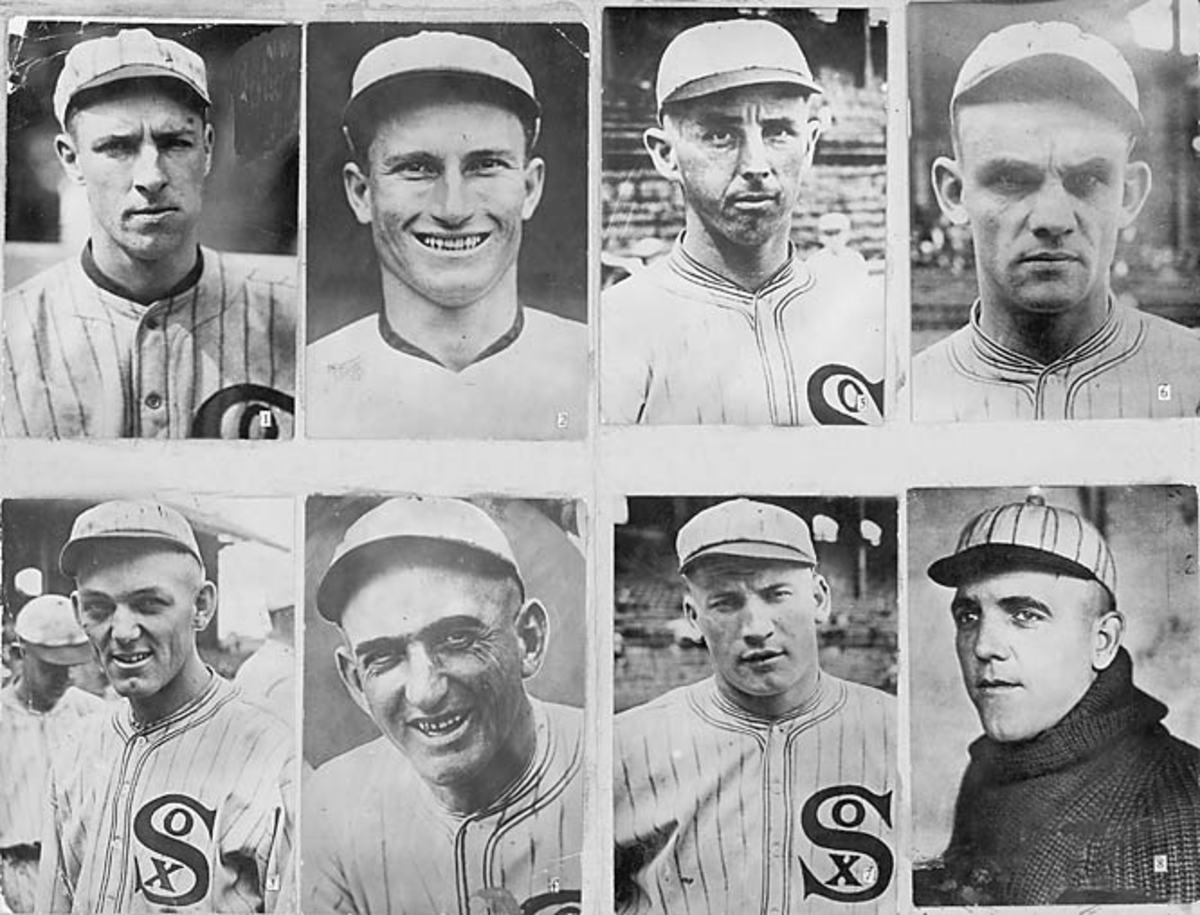
Though Shoeless Joe Jackson is the biggest name associated with the fixing of the 1919 World Series, the leftfielder did not act alone. Commissioner Kenesaw Mountain Landis banned Jackson and seven other members of the Chicago White Sox, including pitcher Eddie Cicotte, for their involvement with known Mafia figures. To this day, Jackson, who boasted a .356 lifetime batting average at the time, is not eligible to be elected into the National Baseball Hall of Fame.
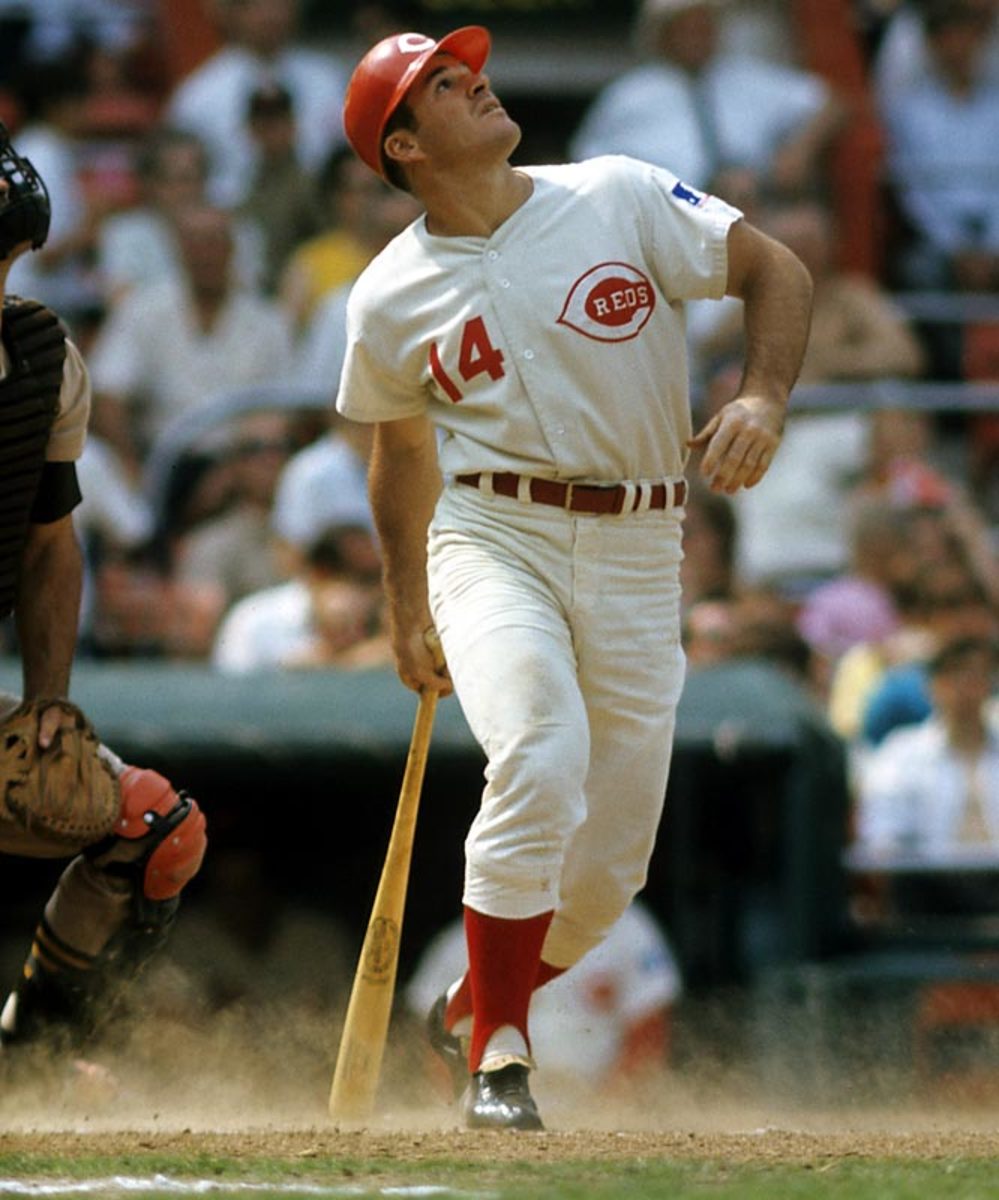
Pete Rose was a gambling man at heart, and that's why the otherwise shoo-in Hall of Famer is still banned from baseball for betting on games, including ones he was managing with the Cincinnati Reds. In 1989, Major League Commissioner A. Bartlett Giamatti said, ''The matter of Mr. Rose is now closed. Let no one think it did not hurt baseball.'' Rose, in the years following his ban, proclaimed his innocence, but in 2004 he finally admitted to betting on games in My Prison Without Bars , for which he was given a million dollar advance.
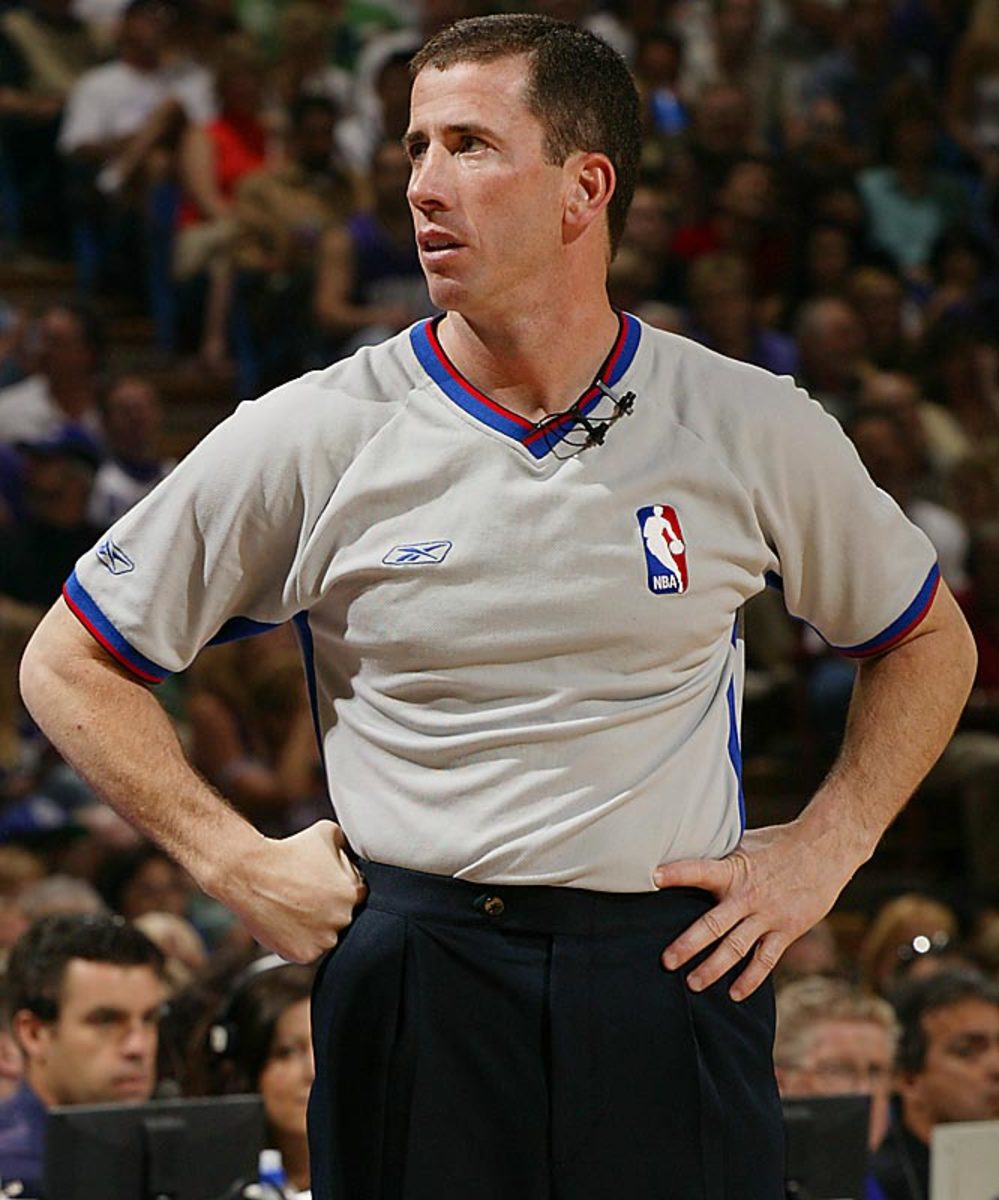
In August 2007, the 13-year NBA referee pleaded guilty to accepting payoffs from a professional gambler for inside tips on games. Donaghy, who alleged that other refs were involved in manipulating games, was sentenced to 15 months in prison as part of a scandal that rocked the league.
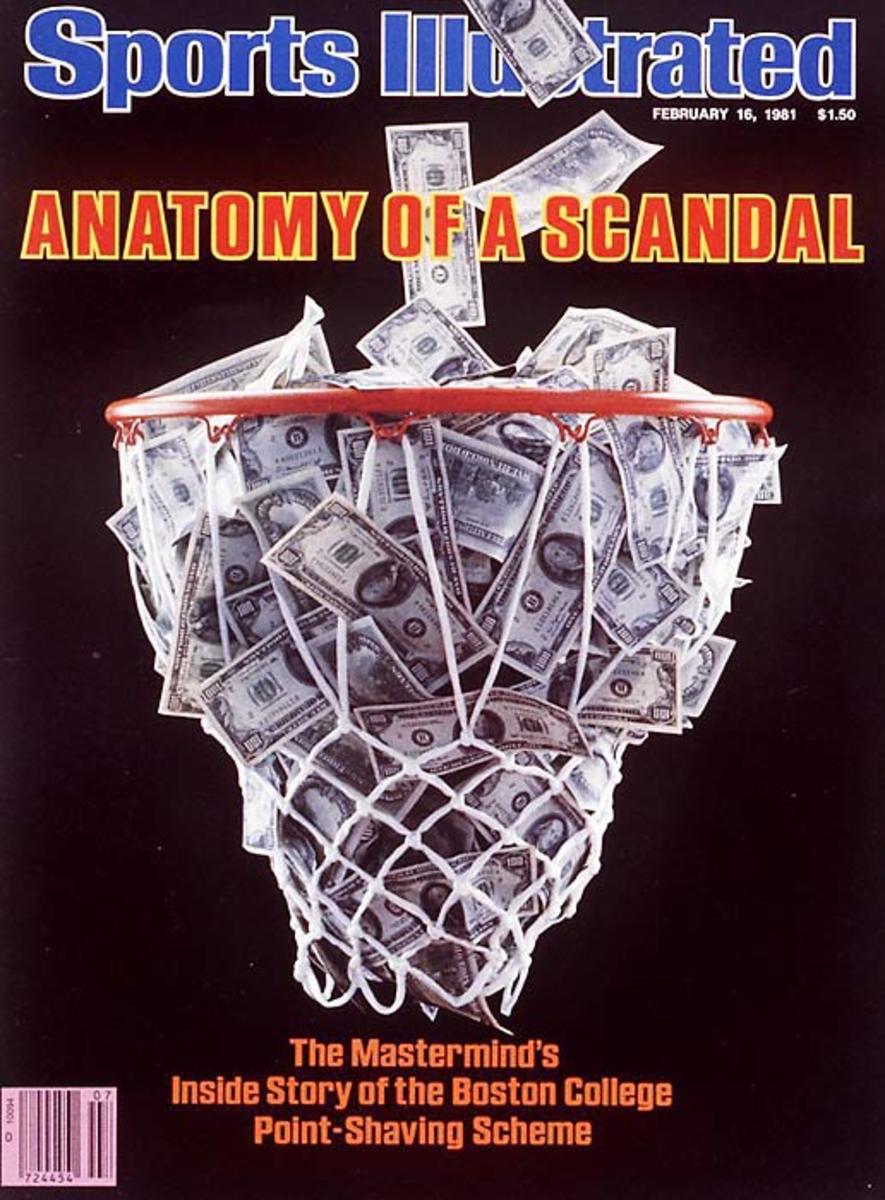
Boston College is one of only a select few schools to survive two major gambling scandals. Before the football team faced accusations in 1996, members of the basketball team were involved in a point-shaving scandal during the 1978-79 season. Henry Hill, one of the underworld wise guys portrayed in the organized crime movie Goodfellas , helped fix the games.
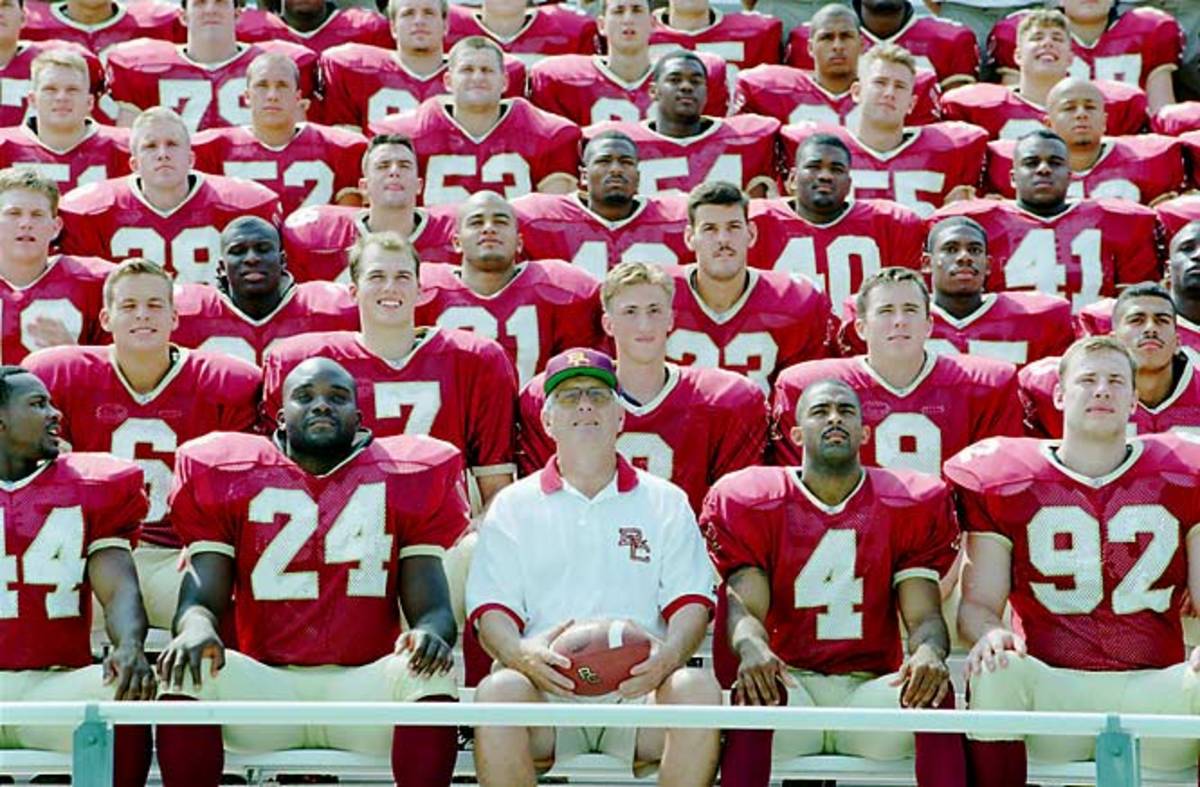
The New York Post may have said it best about the Boston College football gambling scandal when it took the school's BC initials and made a front page headline of "Betting College." When all was said and done in the investigation, 13 players were suspended for the season after an Oct. 26, 1996, loss to Syracuse. Six were hit with permanent bans.
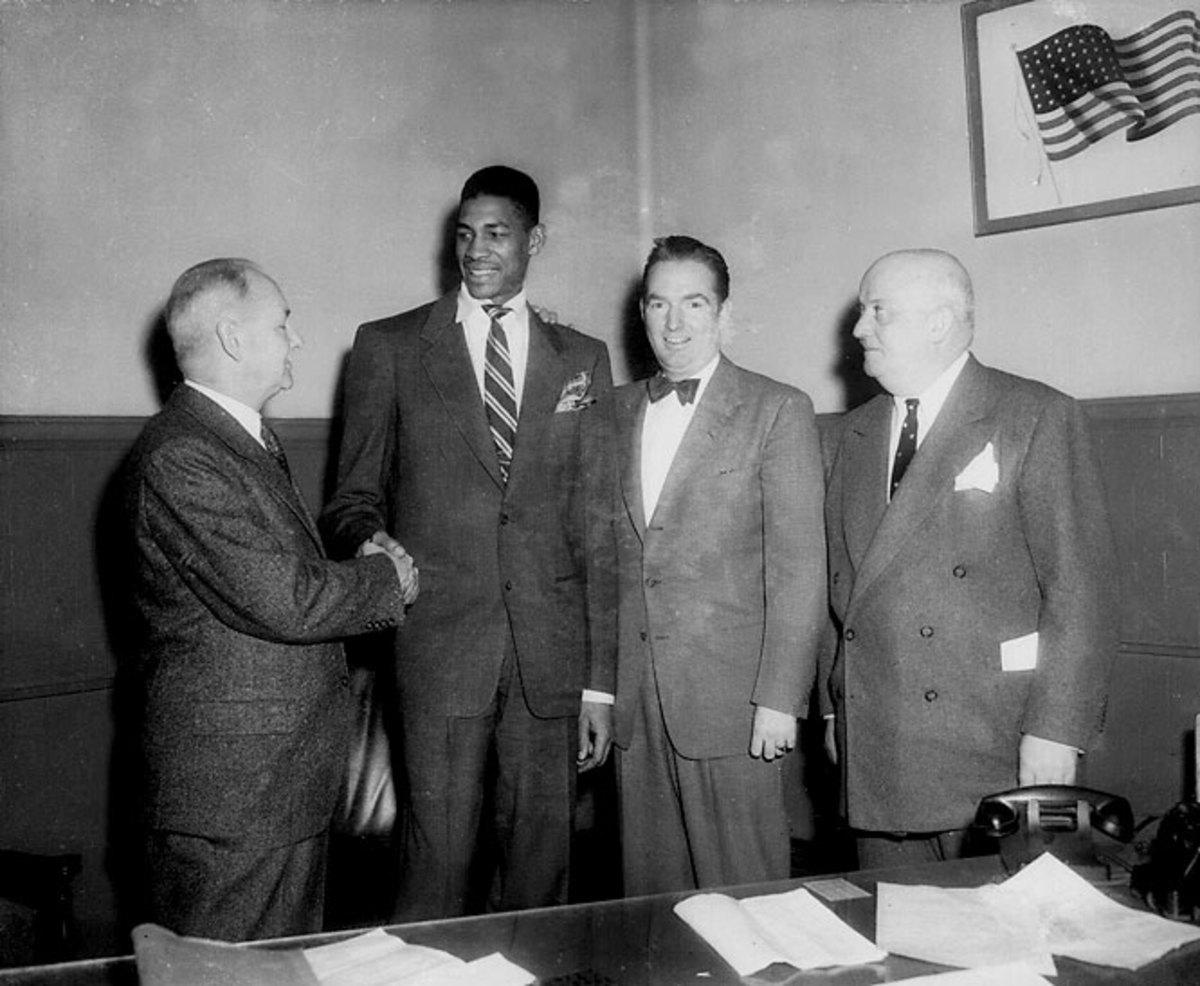
College basketball has seen no worse humiliation than the 1951 point-shaving scandal involving players on several teams. Manhattan College center Junius Kellogg's report of a bribe offered by a teammate helped uncover the scandal. After an investigation, indictments were handed out and the numbers were staggering. From 1947-51, 86 college games were fixed and 35 active and former players were accused of partaking in the gambling. Twenty players, as well as 14 known gamblers, were indicted and convicted.
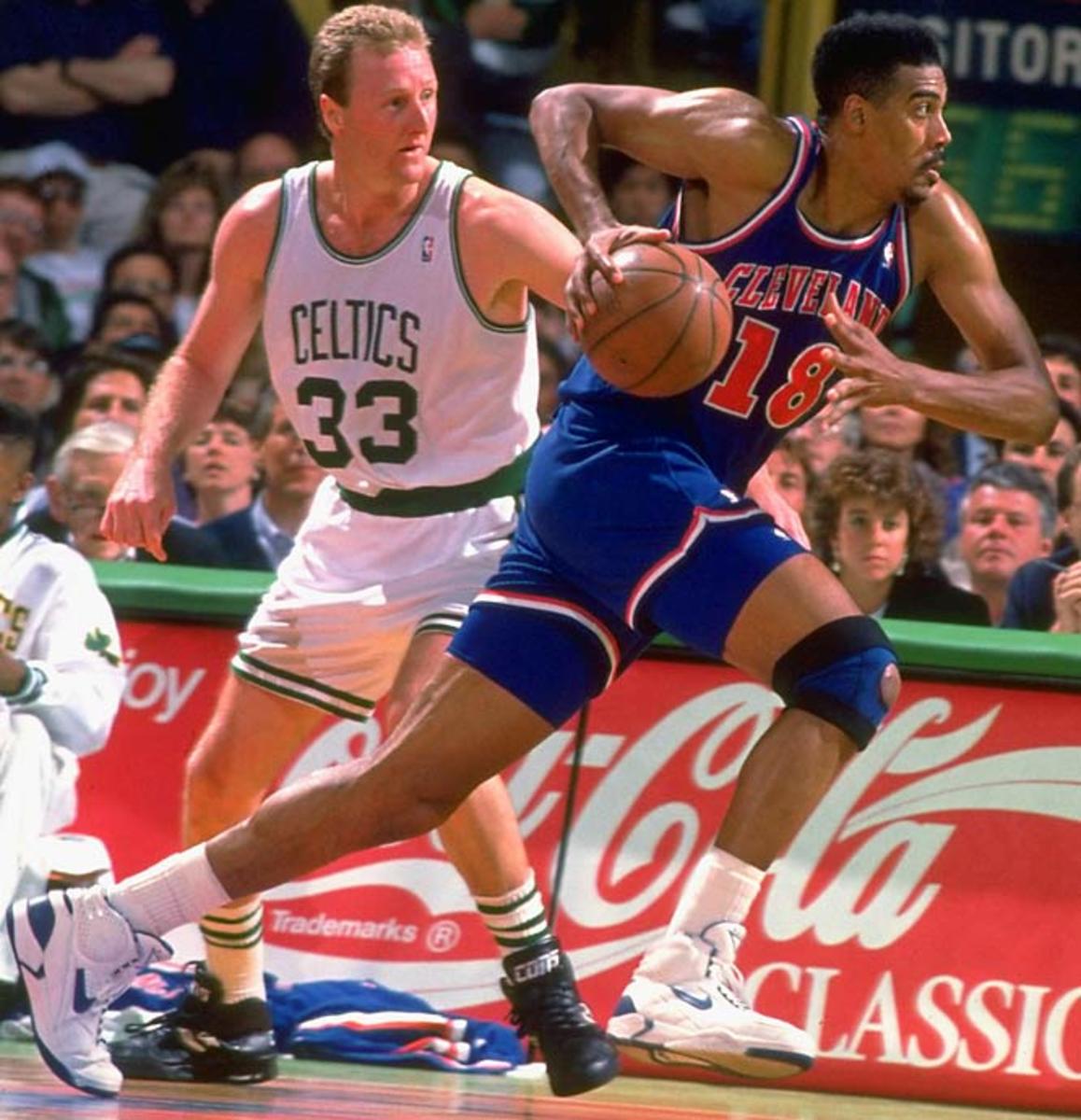
Before he went on to star with the Cleveland Cavaliers, John "Hot Rod" Williams was the lightning rod for suspicion in a Tulane men's basketball gambling scandal. Arrested on March 27, 1985, Williams was indicted on two counts of sports bribery and three counts of conspiracy. A mistrial ensued in his case and all charges were dropped.
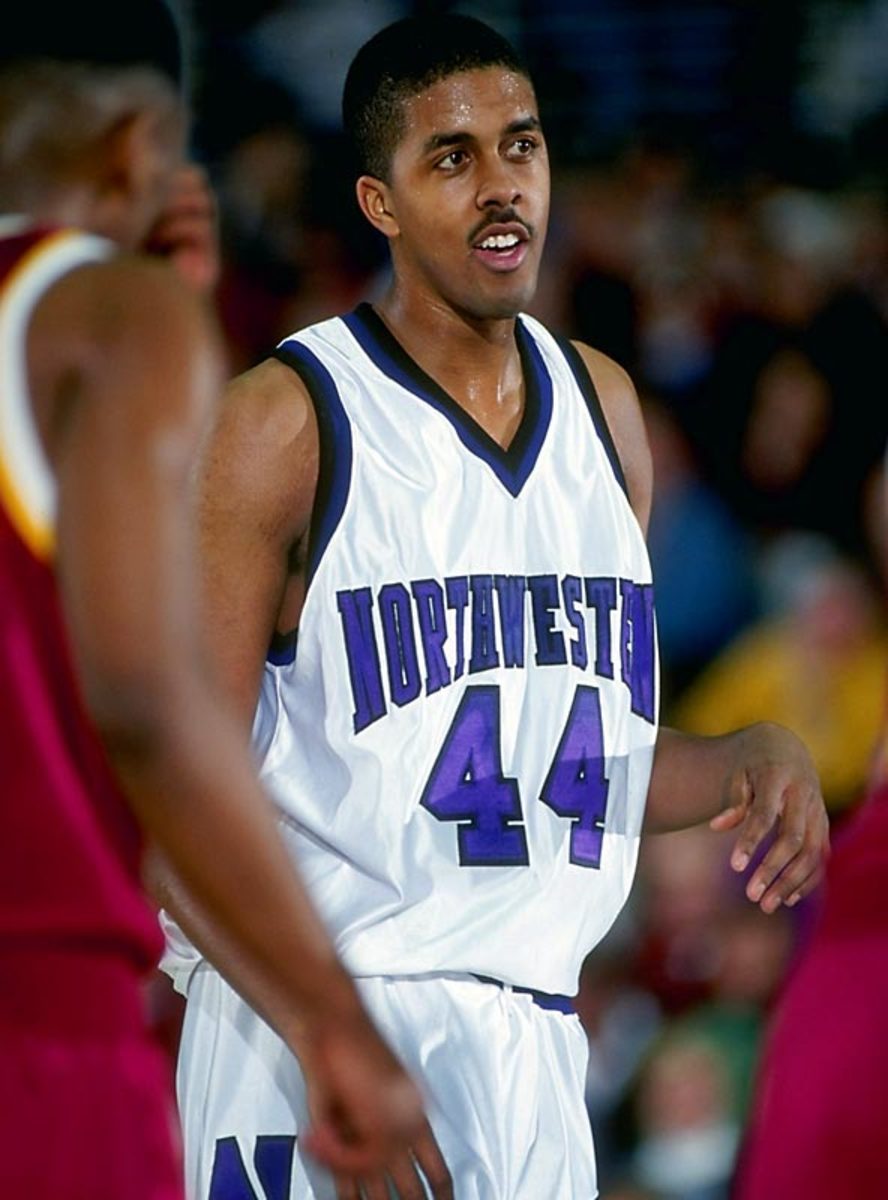
A school known more for its brains than brawn was at the center of a point-shaving scandal in 1998. Just two days before the NCAA Tournament's Final Four was played in San Antonio, federal indictments charged former Wildcat starters Dewey Williams (pictured) and three others with fixing the outcome of three games during the 1994-95 season.
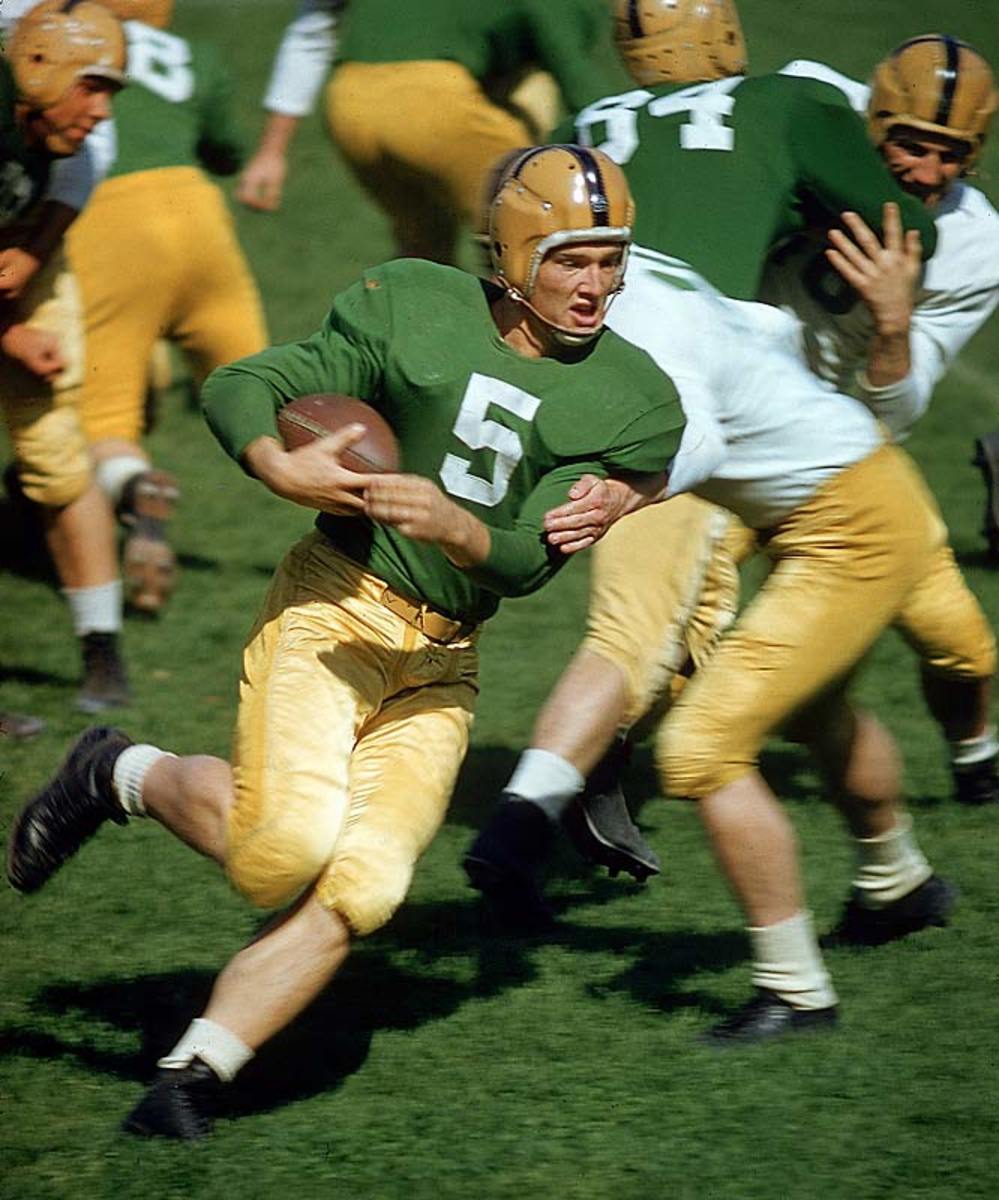
Known as the "Golden Boy," the Green Bay Packers running back, along with Detroit Lions defensive tackle Alex Karras, was suspended for the 1963 season by NFL Commissioner Pete Rozelle. The ruling came after the two players were shown to have bet on NFL games and associated with unsavory gamblers.
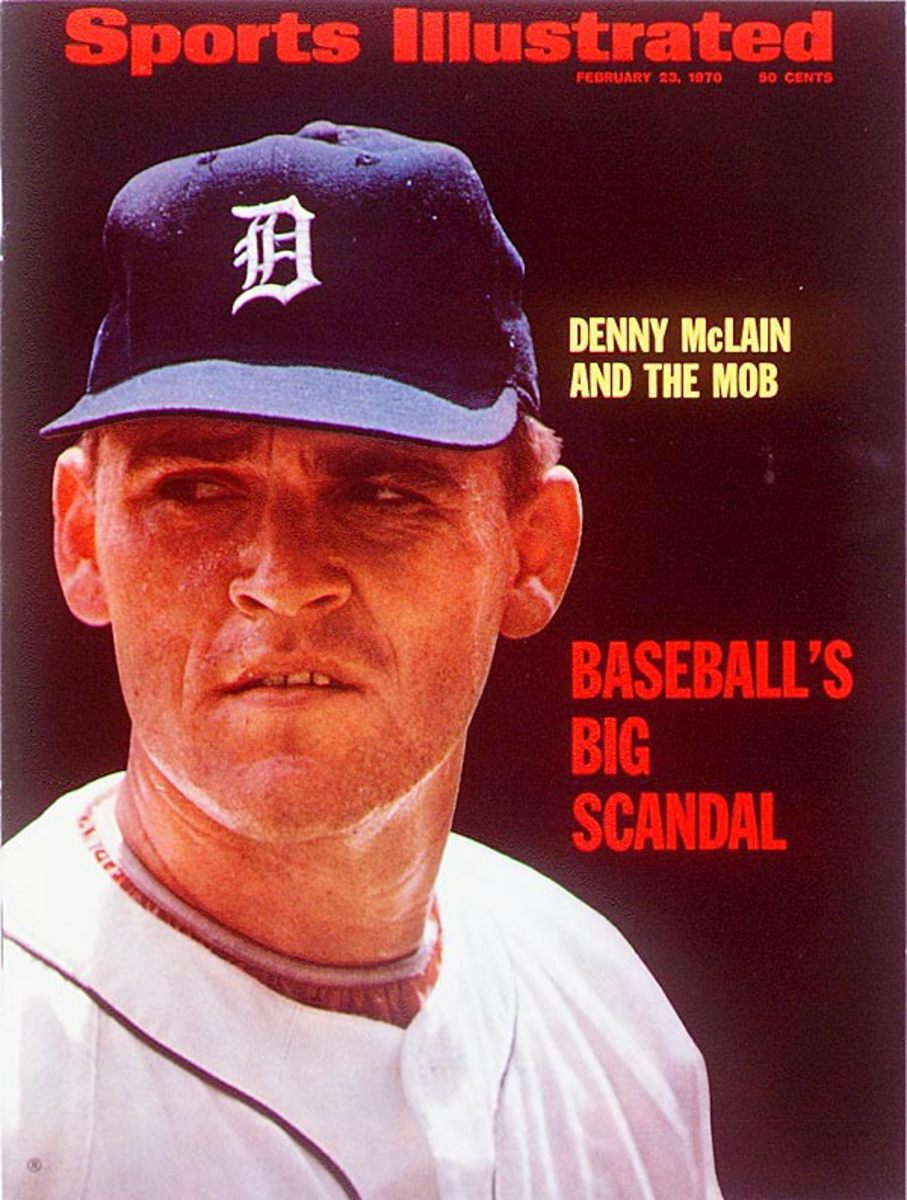
The 30-game winner for the 1968 World Series champion Detroit Tigers was hit by three suspensions in 1970. The first, handed down by MLB Commissioner Bowie Kuhn, was for involvement in a Michigan bookmaking operation. Later that season, McLain suffered a foot injury that was rumored to have been caused by a mob member who stomped the pitcher's toes while trying to collect a $46,000 gambling debt.
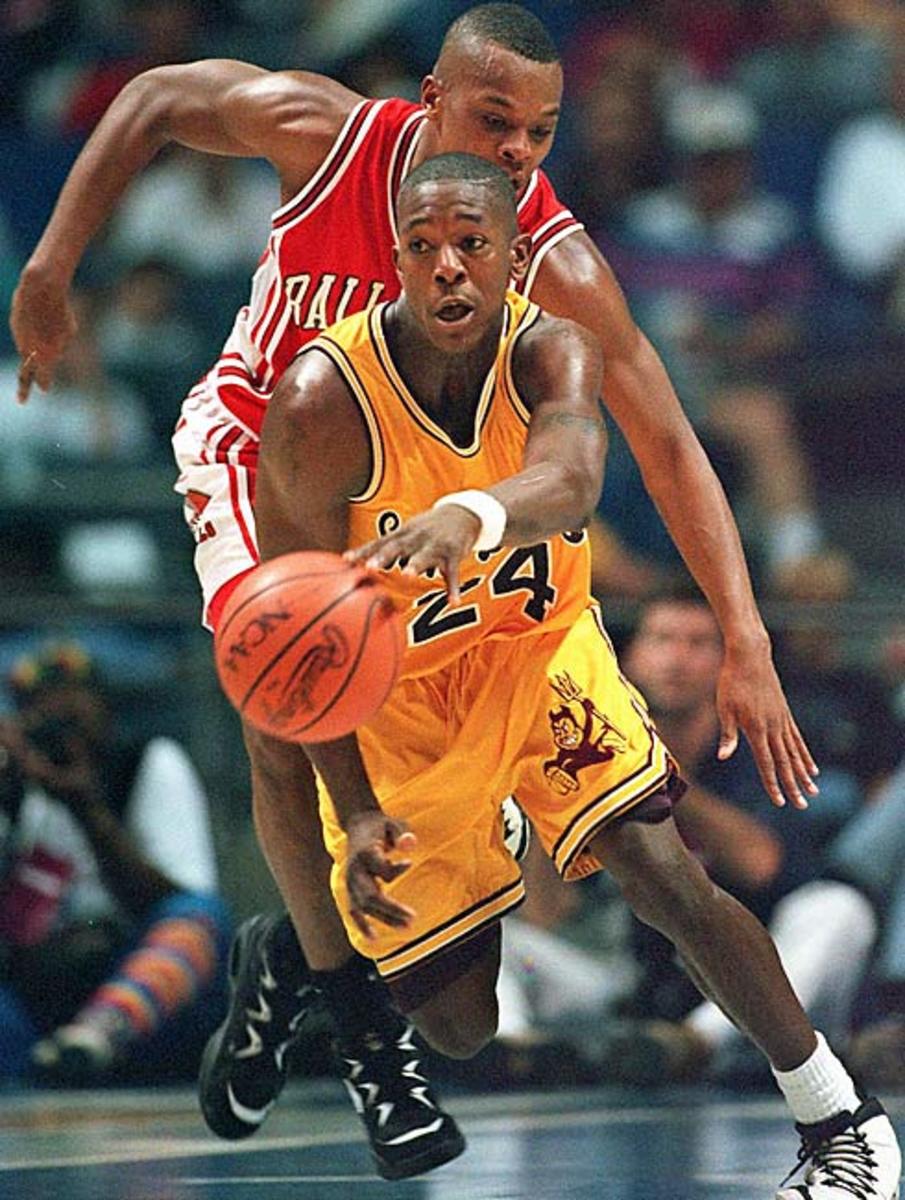
Sun Devil basketball players Stevin Smith and Isaac Burton, Jr. (pictured) admitted to accepting payoffs in exchange for their point-shaving efforts during home games during the 1993-94 season. Both later pleaded guilty to charges of conspiracy to commit sports bribery on Dec. 5, 1997.
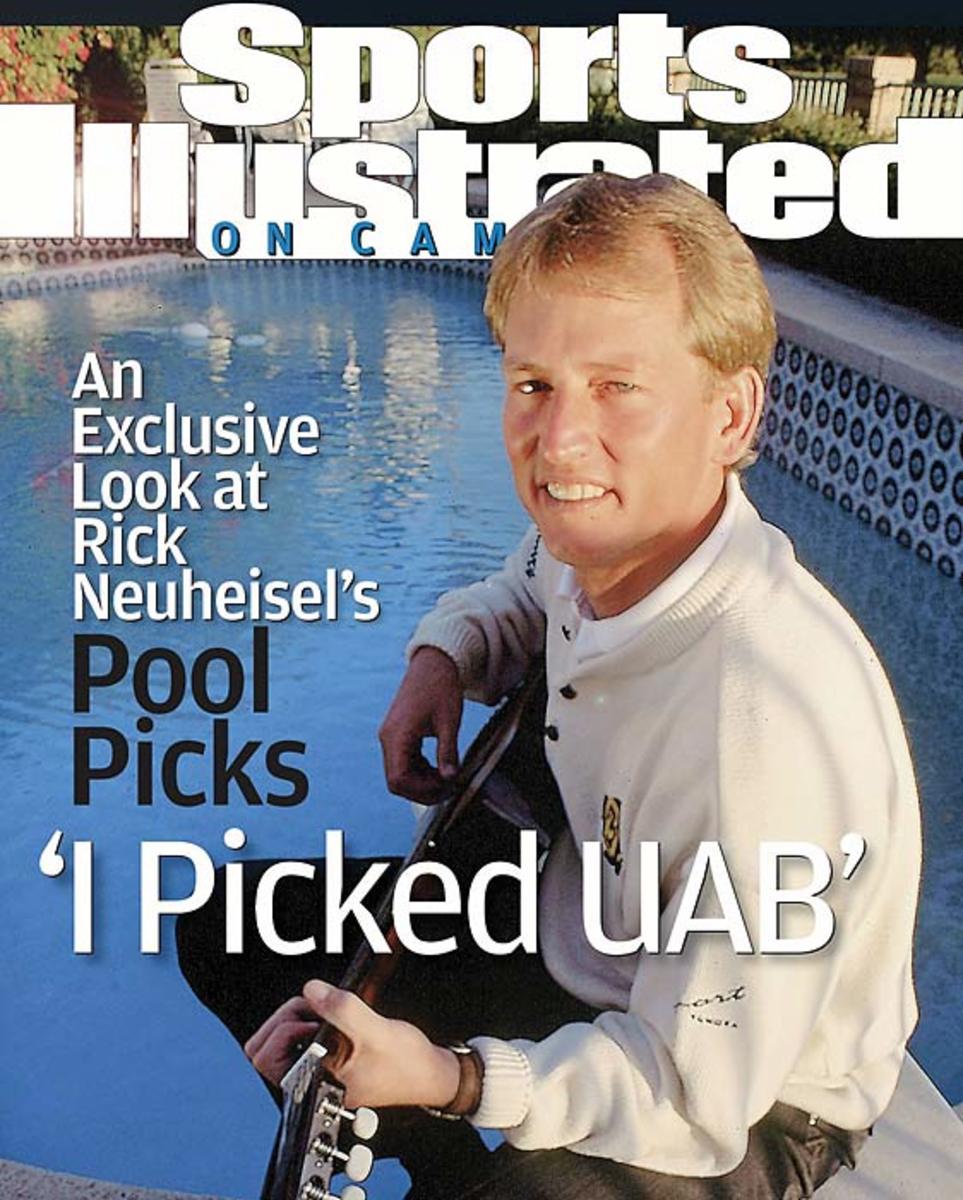
The football coach at the University of Washington was fired in June 2003 for violating NCAA regulations when he partook in an off-campus March Madness pool. In an ensuing lawsuit, Neuheisel claimed that a Washington compliance officer said participating in off-campus pools was OK and Neuheisel won a $4.5 million settlement for wrongful termination.
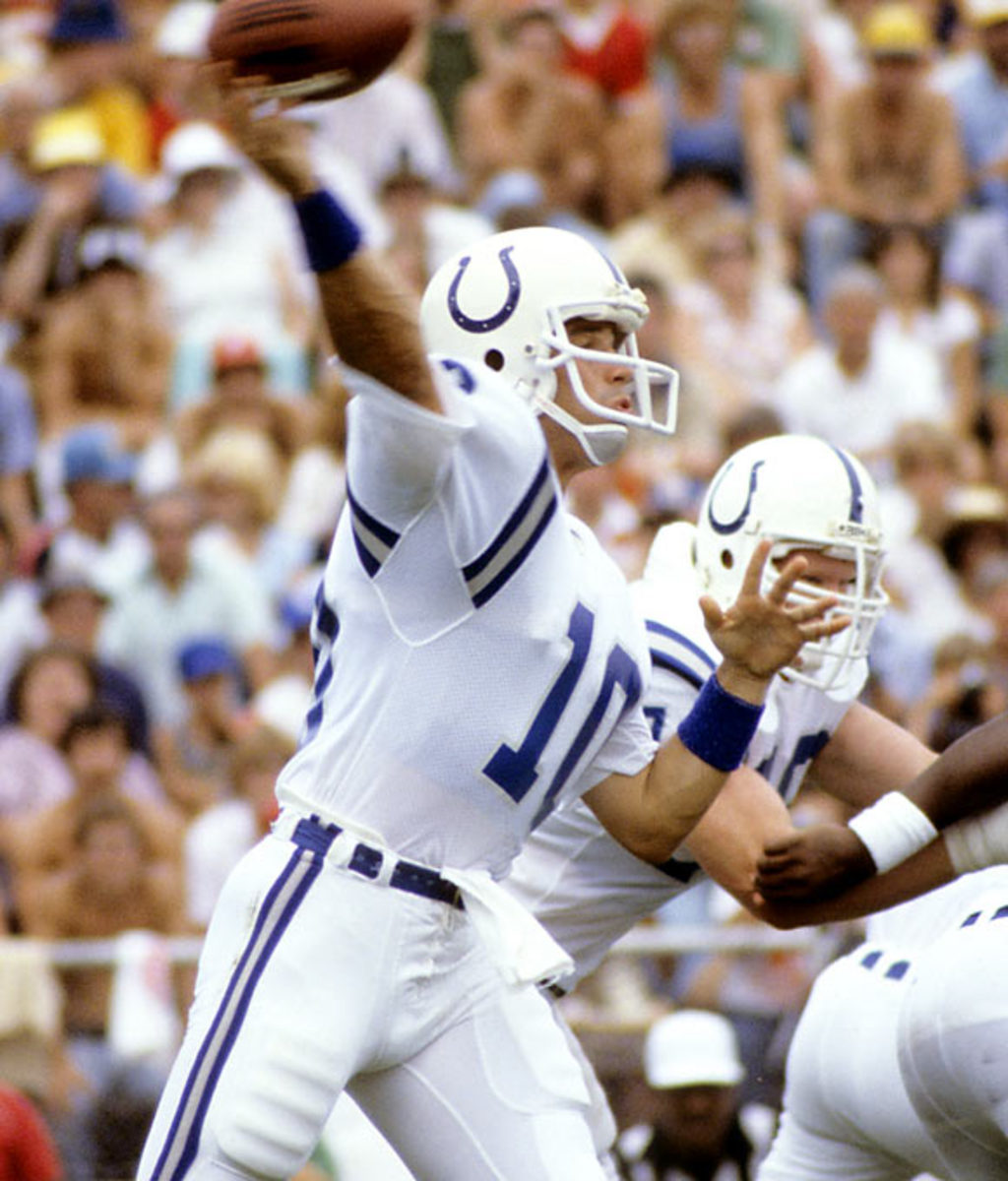
The former first-round NFL draft pick (No. 4 overall by the Baltimore Colts in 1982) threw away his promising career because of his gambling addiction. In 1983, Schlichter was suspended for a season by the NFL because he bet on NFL games. His life went into a downward spiral, resulting in more than 10 convictions for theft, forgery and fraud.
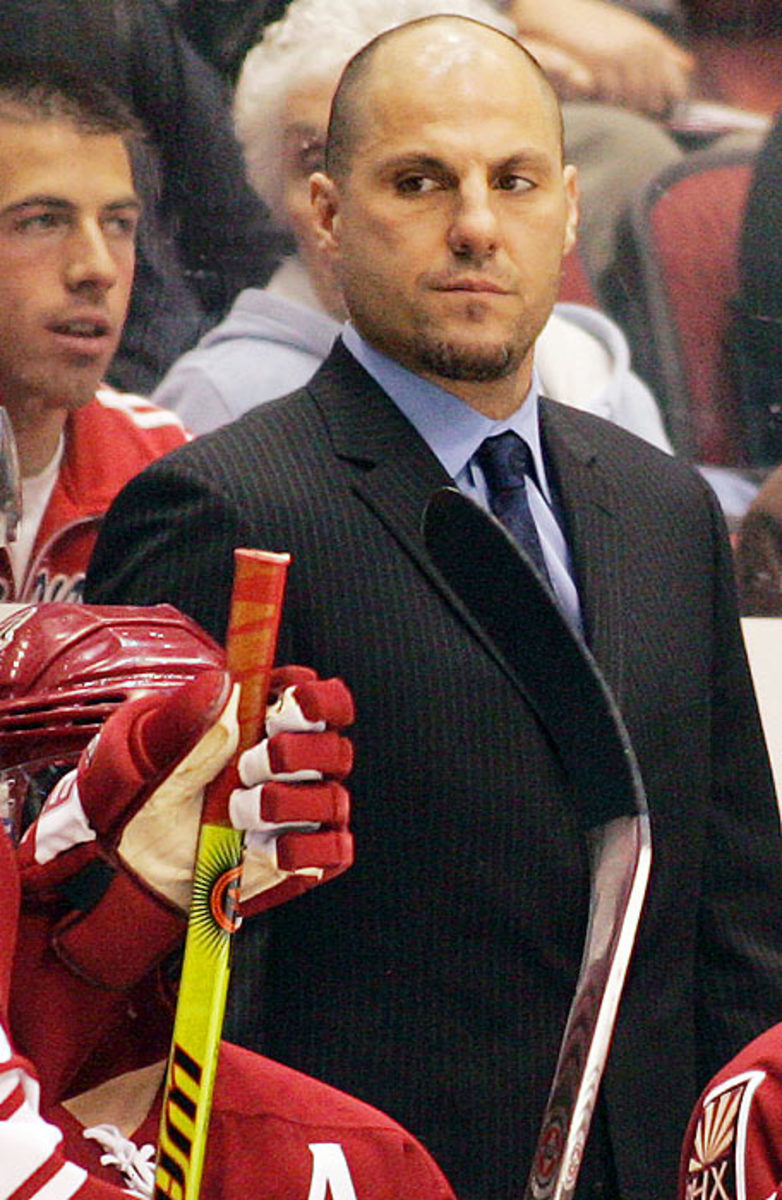
The former NHL star was an assistant coach with the Phoenix Coyotes under hockey's favorite son, Wayne Gretzky, when he faced charges in February 2006 for promoting gambling, money laundering and conspiracy. Tocchet later pleaded guilty and was sentenced to two years of probation for his involvement with a New Jersey gambling ring that handled more than a million dollars worth of bets placed by athletes and celebrities. The name of Gretzky's wife, Janet Jones, surfaced during the investigation.
Despite the NBA's historical stance on gambling, Silver argued in a November New York Times op-ed that it should be legalized in the U.S. under strict regulations and called for a more national approach. In September, he told an audience at a sports business conference that he believes expanded legalized sports betting is "inevitable" because some states need the revenue, according to ESPN.
In October, New Jersey governor Chris Christie signed a law removing prohibitions against sports wagering in New Jersey, a move that was opposed by the four major U.S. sports leagues, including the NBA, and the NCAA. A month later, U.S. district judge Michael Shipp issued an injunction against the effort, preventing the state from implementing the law.
• DOLLINGER: Looking up: Cavs continue to climb
Silver has asked Christie to work with the NBA on expanding sports betting, suggesting that Christie turn his attention to Congress and come up with a framework that would allow states to opt in to legalizing sports gambling.
- Molly Geary
